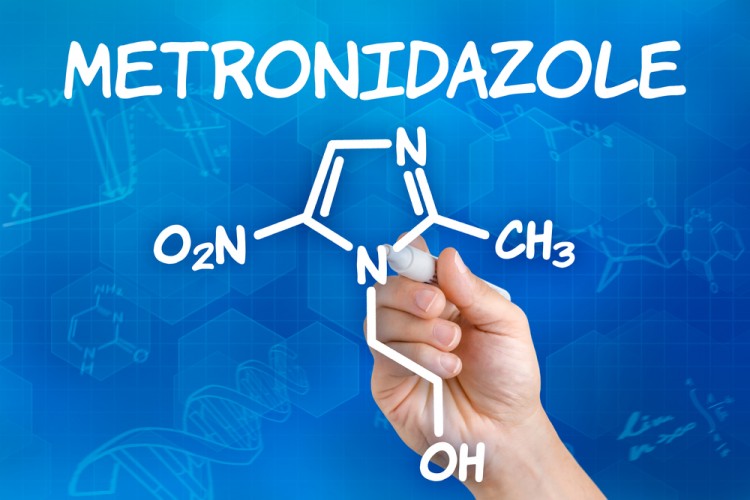Paige asked
I was prescribed metronidazole to treat a bacterial infection... the side effects say you can’t consume propylene glycol... however I found out that propylene glycol is in A LOT Of foods... they even sometimes inject it Into meat... how am I supposed to stay away from it and keep myself fed?
Answer
 You are correct that consuming large amounts of propylene glycol while taking Flagyl (metronidazole) should be avoided. The prescribing information for Flagyl (metronidazole) states that both alcohol and propylene glycol should be avoided while on therapy with the drug. Per the prescribing information:
You are correct that consuming large amounts of propylene glycol while taking Flagyl (metronidazole) should be avoided. The prescribing information for Flagyl (metronidazole) states that both alcohol and propylene glycol should be avoided while on therapy with the drug. Per the prescribing information:
"Discontinue consumption of alcoholic beverages or products containing propylene glycol while taking FLAGYL and for at least three days afterward because abdominal cramps, nausea, vomiting, headaches, and flushing may occur."Both alcohol and propylene glycol are metabolized via various enzymes, including:
- Alcohol dehydrogenase
- Aldehyde dehydrogenase
- Cytochrome P450 (CYP2E1)
- Catalase
Flagyl (metronidazole) can inhibit aldehyde dehydrogenase, which is necessary for the metabolism of propylene glycol. This can cause:
- Flushing
- Nausea
- Vomiting
- “Hangover effects”
- Altered kidney function
The potential adverse effects with metronidazole and alcohol are well known and is often discussed as a major interaction. The interaction with propylene glycol however, has fewer documented reports. Nevertheless, it is still recommended to be avoided.
Is Propylene Glycol Dangerous With Metronidazole?
As metronidazole inhibits the metabolism of propylene glycol, the combination should be avoided if possible. However, there isn't much information available regarding how much propylene glycol it takes to cause adverse effects.
Most warnings simply state to avoid "large amounts, or chronic exposure to propylene glycol" when taking metronidazole, mostly due to the lack of detailed information available to determine the potential severity of the interaction.
While small amount of propylene glycol are unlikely to cause adverse effects more serious than gastrointestinal problems, it would be prudent to make an effort to avoid foods and other consumables that contain propylene glycol while taking the medication.
Be sure to read food labels and labels for drug products. Many processed foods contain propylene glycol, which may also be identified as “propane-1,2-diol” or E1520. In addition, most e-cigarette liquids contain propylene glycol.
Again, the small amounts of propylene glycol that are commonly consumed generally do not cause issues in those taking metronidazole. However, to reduce potential adverse effects, it can help to try and avoid it for the duration of metronidazole therapy and for 2 to 3 days afterwards.




